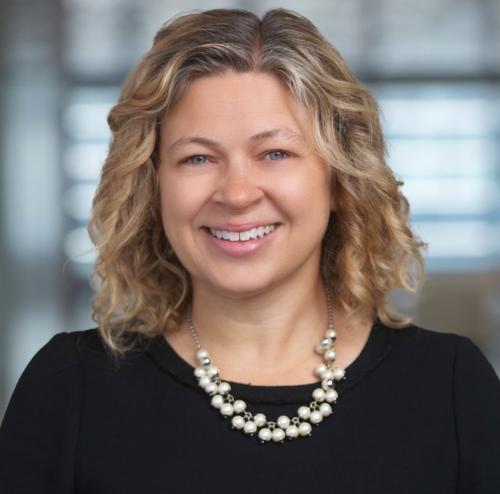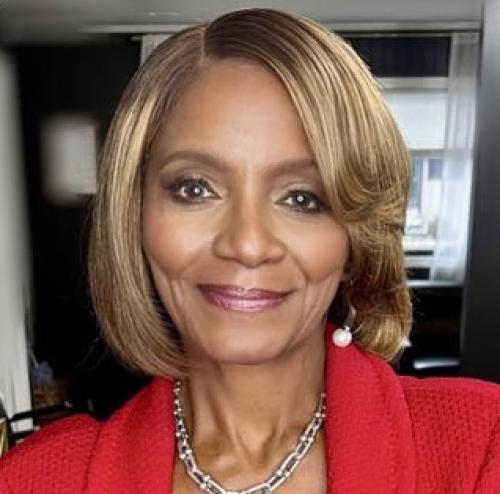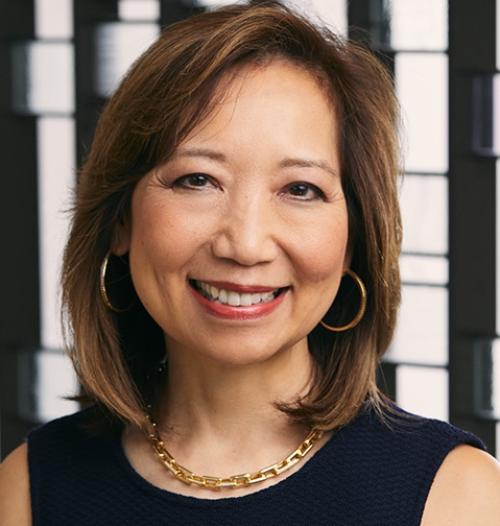Stanley Sporkin, Ombudsman for British Petroleum America.
 Stanley Sporkin runs his own law practice advising corporate boards and general counsel on financial and regulatory matters, and heads the British Petroleum America (BP America) ombudsman team. Previously, he served 14 years as a district court judge for the District of Columbia, and spent 20 years with the SEC. He recently sat down to talk with Aarti Maharaj.
Stanley Sporkin runs his own law practice advising corporate boards and general counsel on financial and regulatory matters, and heads the British Petroleum America (BP America) ombudsman team. Previously, he served 14 years as a district court judge for the District of Columbia, and spent 20 years with the SEC. He recently sat down to talk with Aarti Maharaj.
1. Has the role of the general counsel changed over the last 10 years?
Yes. The general counsel’s duties used to be very flexible. Usually there was a very close bond between the new general counsel and the CEO, who often brought the general counsel with him or her from another relationship. This happened to me when Bill Casey, the director of the CIA, brought me in to be general counsel of the agency; we had had a prior relationship at the SEC. Now, however, the bond has been split, largely because of new norms and regulations.
For example, there are provisions under Sarbanes-Oxley where the general counsel has reporting requirements directly to the board and under certain circumstances has the option of taking matters to the SEC. In effect, the general counsel is no longer the lawyer to the CEO, but has become the lawyer for the corporation.
Today you’ll find that the general counsel is a gatekeeper to the board and has the responsibility of seeing that the corporation is complying with the law. The role has become more defined and the responsibilities are more formal. My view is consistent with the concept that the general counsel should be the general counsel for the entire company, which means he or she should be responsible for all the legal issues
of all the corporation’s various departments. This has not always been the case: there have been – and possibly still are – instances where the general counsel is told he or she has no role to play in
connection with certain aspects of a corporation’s activities. That is not a good situation.
2. A major concern for firms is Foreign Corrupt Practices Act (FCPA)
violations. How can the general counsel or corporate secretary help in ensuring that companies are well prepared?
The general counsel should periodically – at least once a year – conduct a legal audit to ensure the firm is complying with all applicable laws, such as the FCPA, and anti-discrimination and environmental laws. He or she must oversee the processes adopted by the company and work closely with the compliance department to ensure compliance mechanisms have been established. I would suggest that a company designate an assistant general counsel to monitor the FCPA program.
This can include approval of contracts with foreign agents, reviewing information obtained from the hotline and making sure there is proper instruction and training provided to employees and the board of directors.
3. Why should companies adopt an ombudsman program?
The ombudsman’s office was developed at BP America to obtain information from employees who had been unwilling to bring matters to the attention of their supervisors. Instead, they took their concerns to outside sources that often saw no duty to bring the matter to the attention of the company and went directly to various public authorities. This denied the firm an opportunity to fix the matter promptly. I would recommend that a company adopt the ombudsman concept in conjunction with its normal hotline. Our program at BP America was developed not only to receive information from people, but also to give us the chance to become proactive on safety issues.
Today many companies are not as concerned with safety issues as much as they are with looking
at financial risks, but the
corporation’s safety remains a big item, especially in the oil and gas, automotive, pharmaceutical and nuclear industries. It is essential to keep in mind that an ombudsman whose role is to discover serious safety issues and correct them is working in the best interests of the corporation. The ombudsman’s office is a place where employees can voice their concerns, safe in the knowledge that they will not be retaliated against for doing so.
4. What qualities should a company look for in an ombudsman?
You have to find someone employees can trust. I was selected because of my public interest
experience, to assure employees that I would be fair in my dealings with them and the issues they raised. It is essential to look for a person who has a lot of knowledge and experience, is highly respected and is capable of dealing with most issues as they arise. Remember, this job is not one where you can obtain a syllabus, and there are no books on the subject. You really have
to find your own way, and the key to this is experience, along with
having the trust of both
management and the workforce.
5. How did you find working for the CIA?
The CIA’s general counsel has much the same responsibilities as any other, as the agency often engages in activities like those of a private corporation. In government operations, you have to make sure you are complying with all governmental regulations that apply to the entity. The tasks were challenging and daunting, but it prepared me for the future.
The CIA general counsel’s office is a great place to work for new members of the bar who want to act in the public interest, because it offers a lot of opportunities that you won’t get anywhere else.








